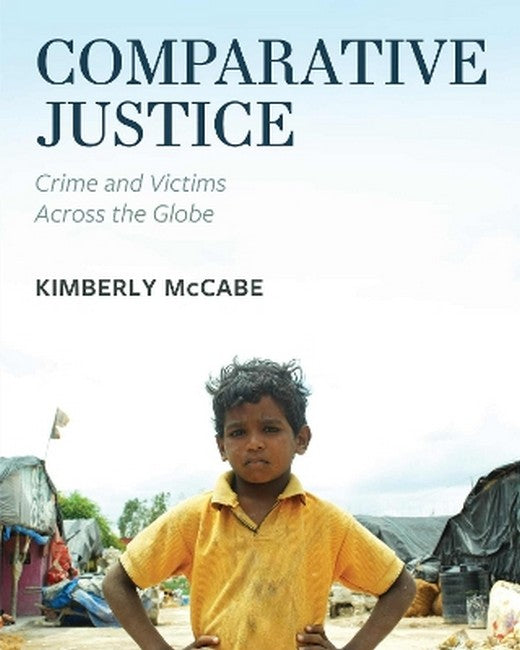Comparative Justice: Crime and Victims Across the Globe provides readers with an analytical exploration of crime definitions, victimization, and legal responses on an international scale. amp lt br amp gt amp lt br amp gt The book examines crime as it is recognized across borders, affording a closer look at offenses deemed universally illicit alongside those that are considered criminal solely based on geographical context. By discussing both global crimes and those unique to specific regions, the text offers crucial insights into the intricate interplay of cultural definitions, legal frameworks, and societal norms that shape the perception and handling of criminal behavior worldwide. The book delivers a detailed discussion on a variety of pertinent topics, including but not limited to violence affecting vulnerable populations, transnational organized crime, radicalism, terrorism, honor killings, caste discrimination, and human rights issues, rounded out with case studies for real-world context. It also delineates global and regional responses to crime, presenting overviews of international partnerships and organizations addressing such challenges. Comparative Justice is well suited for undergraduate and graduate courses in criminology, criminal justice, and international relations. It is an excellent primer for students seeking to understand the complexity of crime and justice in an international context.

